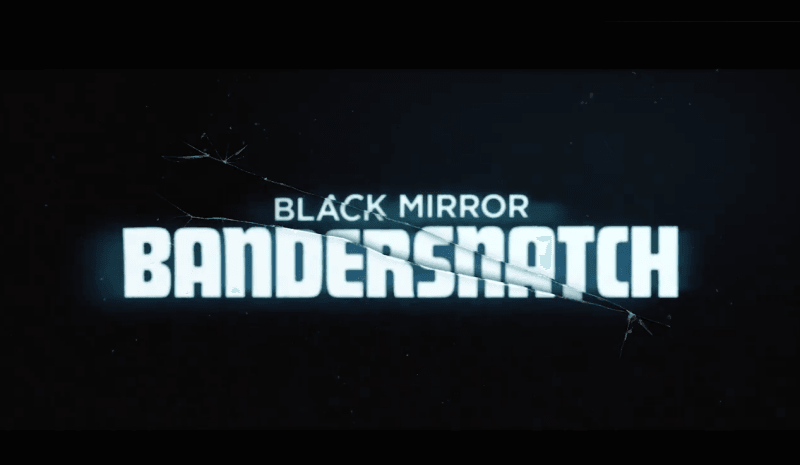Bandersnatch may be interactive, but it’s not that entertaining
The following article contains mild spoilers for ‘Bandersnatch’.
In one of the many scenarios which you can come across in the newest Black Mirror release (an interactive episode called ‘Bandersnatch’) the lead character Stefan attempts to explain to his therapist that he thinks he might be under the control of someone in the 21st century who is watching his life as a form of entertainment. His therapist, Dr Haynes, dismisses this theory with a laugh: ‘If this was entertainment, surely you’d make it more interesting.’
Sadly, the attempted irony in her words had a slight ring of truth for me whilst watching this episode, which has been endlessly hyped and praised by most others. I didn’t find it uninteresting for the reasons that Dr Haynes suggests, but I did come away feeling somewhat disappointed and unentertained. The main problem is that it relies too heavily on its novel premise at the expense of doing what Black Mirror usually does well: telling a coherent and thought-provoking story.
The various endings feel like something that is trying to be everything at once
For me, one of the pleasures and most entertaining aspects of watching TV shows or films is the gradual unravelling of the story. The best examples will start off by making you intrigued, before slowly deepening your understanding of the story and characters, until the ending gives you a complete picture that allows you to look back on everything before with a better understanding. Not only is this good storytelling practice in general, it’s also something that Black Mirror usually excels at.
With ‘Bandersnatch’, I was certainly intrigued to begin with. But that intrigue was never really paid off, as after countless decisions and multiple endings, I still didn’t feel that I’d understood what this story was supposed to be about. Having multiple endings to a story is one thing, but in ‘Bandersnatch’, depending on the path you take, the story itself can take on an entirely different meaning. And the various endings do not so much feel like clever alternative ways of interpreting what came before, but rather like something that is trying to be everything at once, instead of just committing to one idea. The fact that when you reach a dead end, you are encouraged to simply loop back and change a prior decision, makes this all the more jumbled as you become confused about which version of events you’re actually following.
‘Bandersnatch’ feels a bit like a novelty Christmas gift
And underneath it all, the story lacks the depth and quality that can be achieved with a single narrative. In the end, ‘Bandersnatch’ feels a bit like a novelty Christmas gift: you go into it excited by its novel and original concept, but quickly grow tired when you realise that its novelty is its only real selling point. Because, honestly, I was excited by the premise of ‘Bandersnatch’, and I do still wonder if something more impressive could come out of this interactive format.
But I do also think that the idea as a form of entertainment is less revolutionary and has less potential than it may at first seem. ‘Bandersnatch’ merely creates the illusion that the viewer is in control, and its an illusion that bursts rather quickly as you realise just how limited your ability to impact the story actually is. But, perhaps more importantly, I don’t think controlling our entertainment in this way is even desirable. We want to watch TV so we can disengage from making decisions and doing anything interactive. And I know that I would much prefer to appreciate (and critique) the creative decisions taken by programme makers, than have them pretend that I’m the one making the decisions.

Comments